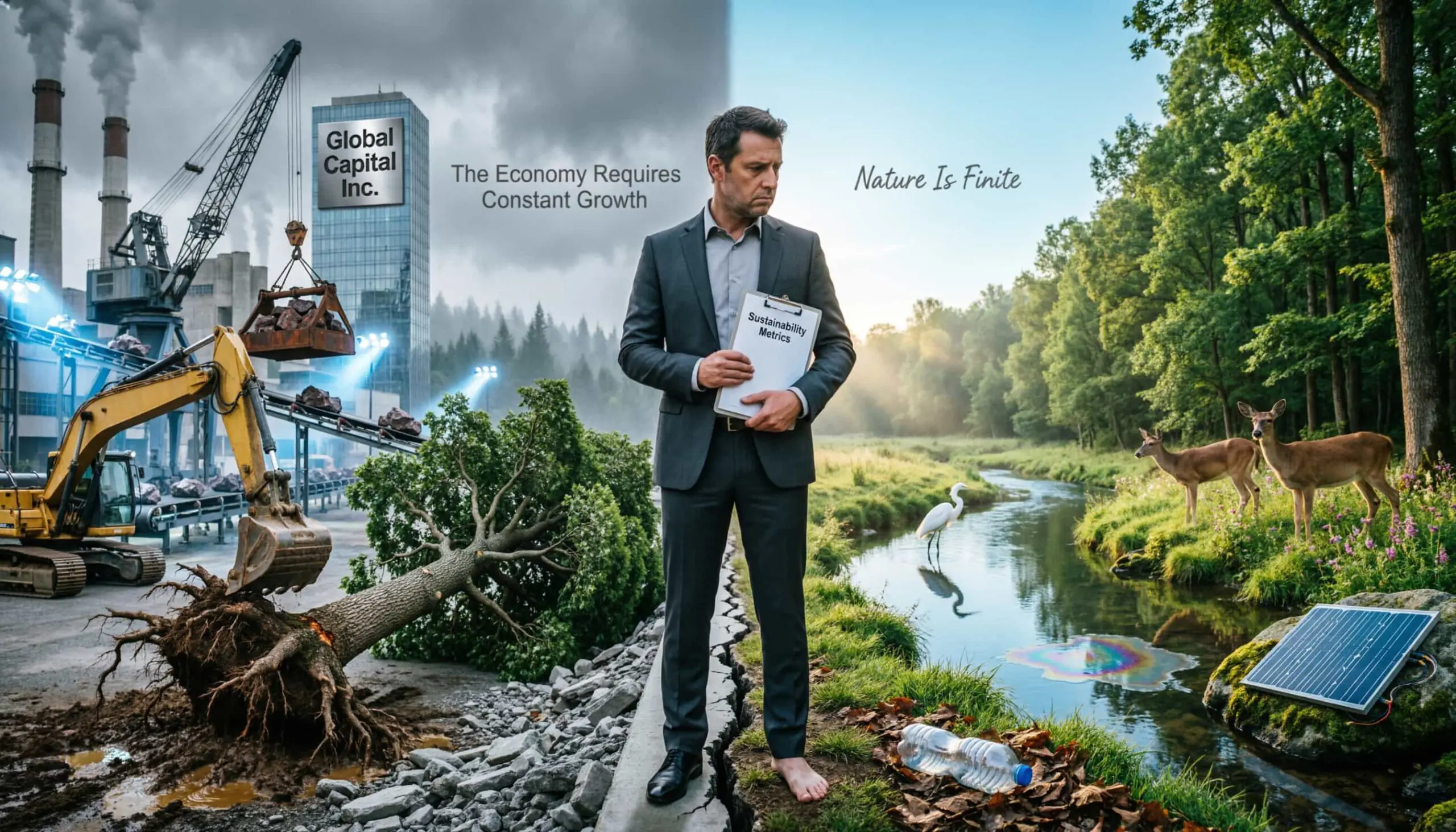The parties are still far from concluding negotiations at the COP27 climate summit in Egypt, Reuters reports.
The agency added that the hosts “urged negotiators to resolve their differences before the weekend deadline”.
She continues: According to the special representative of the Egyptian presidency of COP27, Wael Abulmagd, “deep divisions remain in the negotiation rooms in Egypt”. He quoted Abulmagd as saying: “I think we have a larger than usual number of outstanding issues… We would hope under the current circumstances to see more willingness to cooperate and accommodate than we are seeing.”
The news outlet quoted an “official close to the negotiations” as saying, “There is concern about how we will get to the end, and there is concern because we are talking about the biggest problem facing humanity.”
He continued: “Negotiations remained thorny over the issue of ‘loss and damage’, or how to help countries hit by huge economic losses from climate-related disasters, with countries divided over whether and when to create fund and who should pay into it.
On Wednesday, however, negotiators scored a small victory by agreeing to create the so-called Santiago Network, a body to offer technical assistance to countries in need of disaster recovery.
Rich countries continue to resist reaching an agreement this year on the creation of a special loss and damage fund.”
Five key takeaways from the COP27 climate meeting in Egypt
Reviews in the world media are mixed, although there are enough positive reviews
Several media outlets list what they consider to be the most notable outcomes of COP27.
BBC News lists five, including the loss and damage fund, which it asks if it is “the biggest climate victory since Paris?”.
But the paper also said that the wording in the cost-covering decision was “seen as a missed opportunity in the fight against climate change”, particularly the “low emissions and renewable energy” wording, which was seen as a significant loophole that could allowed the development of additional gas resources because gas produces less emissions than coal”.
The Guardian cites World Bank reform and wording on “tipping points and health” as notable “key outcomes”.
Reuters highlighted “Brazil is back” and “US-China relations are rekindling” among the “key results”.
Climate Home News points to, among others, the Bridgetown Program, which is the effort pushed by Mia Motley of Barbados to shift trillions of dollars into green and sustainable investments: “However, Motley’s flagship proposal to use IMF relief known such as special drawing rights (SDRs) to finance projects to reduce carbon emissions does not appear in the text.
Discussions will continue at the spring meetings of the IMF and the World Bank. Among the main conclusions of “Independent” is a doubling of funding for adaptation.
Separately, the Guardian published an article reporting how key players reacted to the end of COP27, including Vanessa Nakate, a climate justice activist from Uganda. She stated: “COP27 was supposed to be the ‘African agenda’ but the needs of the African people have been thwarted all along”.






